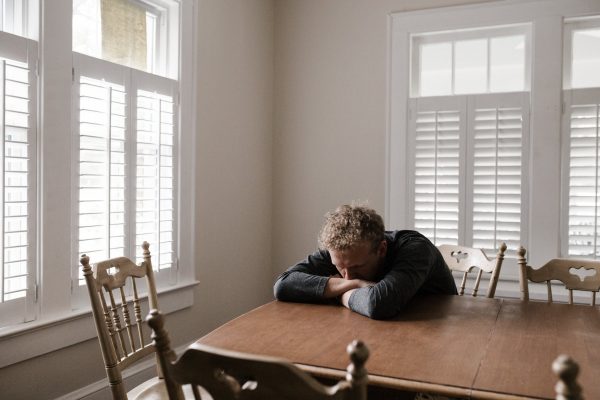A decade ago, if someone had depression or anxiety — people thought it was just a phase or because that person felt “down” or “stressed.” Usually, it was assumed those emotions were brought on by a specific event and would fade over time.
However, for most people, depression, and anxiety have more to do with chemicals in our brain that we often don’t have much control over. Chemical imbalances can be genetic, the same way that someone can inherit cystic fibrosis or sickle cell.
Other mental health issues are environmental, stemming from unresolved issues in our lives that spiral into feelings of hopelessness or despair. Both are equally valid and result in identical symptoms.
Like any other disease, if left untreated or unmedicated, sufferers of depression and anxiety will experience long-term or permanent side effects.
Symptoms of depression can range from mild to severe and include insomnia, poor focus, tiredness, anger, poor cognition, problems remembering information, and thoughts of death or suicide. If left untreated for a long period of time, patients are more prone to sleep disruptions, heart disease, significant weight gain or loss, weakened immune systems, and physical, chronic pain.
While significant research is still being done, studies have found that those of us with anxiety are more likely to have heart problems, an increased risk of heart disease, various illnesses from a lowered immune system, gastrointestinal disorders including irritable bowel syndrome, memory problems, and frequent migraines. Long-term sufferers of anxiety can experience heart attacks or strokes even at a young age, brought on by decades of pressure on our hearts.
Some solutions seem like easy fixes, such as exercising, eating well, and sleeping well. In cases of mild depression and anxiety, the United Caring Association offers members a large array of meditation audio and videos to help us support inner peace and calm. But others have chemical imbalances in the brain that create a mental fog, which often results in difficulty concentrating, memory loss, and challenges retaining new information. All of these factors make it challenging to perform basic daily tasks, let alone establish a self-care routine.
But this doesn’t mean our lives have to be this way. There is a better way! In this case, the best way we can heal ourselves is to see a doctor – for mental health, we’ll need to see a therapist and/or a psychiatrist.
There is absolutely no shame in seeking professional help for mental health, just as we would for the flu! Speaking to a therapist or receiving medication from a psychiatrist can help us get back on track and lead more fulfilling and productive lives. Whether we’re able to navigate our emotions and develop coping mechanisms through talk therapy or utilize the support of depression and anxiety medications if we need to, each one of us has our own needs and no one method is better than the other. It all depends on the individual. We wouldn’t deny ourselves insulin if we were diabetic, or chemotherapy for cancer – so why deny our minds the medical care we need to restore our health?
This is where the United Caring Association takes pride in being able to deliver mental health services to help get us started. Members are given 5 toll-free calls to the 24-hour counseling hotline, which gives members and their immediate family unlimited access to a master’s level therapist. The more we are able to look at our mental health like our physical health, the more we are able to improve our quality of life. For all of us, mental health is step number one if our overall goal is to lead a happier, healthier life. Sticking to exercise routines, committing to time-consuming meal prep, keeping a clean house, or even making new friends can feel impossible when we’re suffering from unresolved mental health issues. The most important thing we need to remember is that there’s nothing wrong with us – we just skipped step number one!

